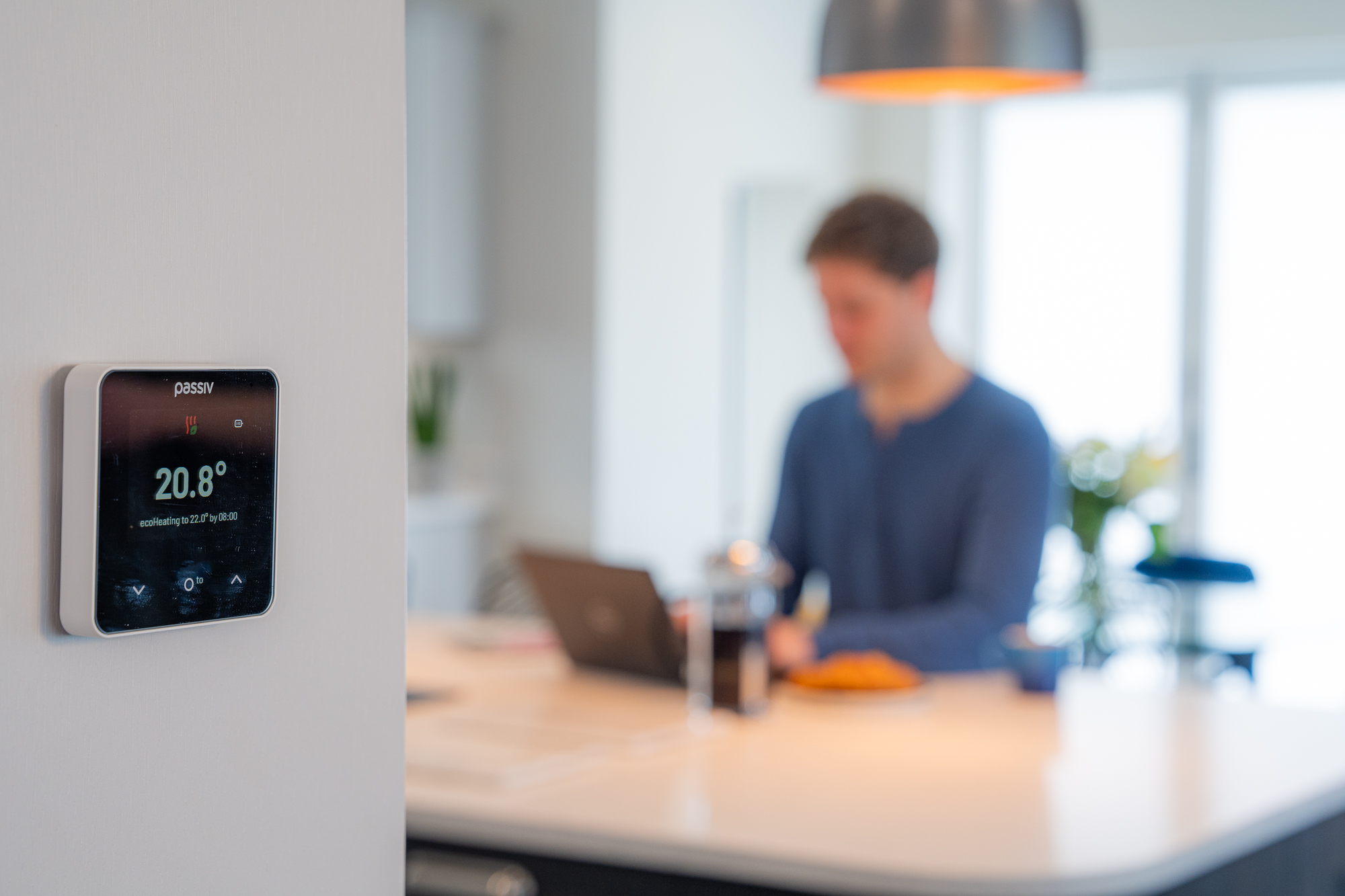Octopus Launches Global Zero Bills Standard for Energy-bill-free Living

Octopus Energy, the UK’s largest energy supplier, has launched the Zero Bills Standard, a pioneering framework designed to fast-track the decarbonisation of homes while guaranteeing zero energy bills for residents.
This new global benchmark for sustainable housing provides a stronger, consumer-focused proposition than existing frameworks such as the proposed Future Homes Standard and the Passivhaus Standard.
While the Future Homes Standard will require most homes to have improved energy efficiency and low-carbon heating systems, like heat pumps and solar panels, the new Zero Bills Standard goes further by adding battery storage. This ensures homes built to this standard qualify for Octopus’ world-first ‘Zero Bills’ tariff.
Zero Bills Tariff First Introduced in 2022
Introduced in 2022, Octopus’ ‘Zero Bills’ tariff enables customers to move into homes that are fully kitted out with state-of-the-art green tech – including a heat pump, a battery and solar panels – with no energy bills guaranteed for 5 to 10 years*.
The Zero Bills Standard was announced at the inaugural Zero Bills Awards in London, celebrating the companies already accredited to the new standard and leading the way in low-carbon housebuilding, retrofitting and clean energy innovation.
Nigel Banks, Director of ‘Zero Bills’ at Octopus Energy, said: “The Zero Bills Standard is a game-changer for sustainable living. By going beyond current housing standards, we’re empowering housebuilders, developers and local authorities to create homes that are not only better for the planet, but better for people’s wallets too.”
What This Means for Social Housing Residents in the UK
The Zero Bills Standard could have a transformative impact on social housing residents, particularly those facing fuel poverty and rising energy costs. Here’s how:
- Financial Relief for Low-Income Households: Social housing tenants often struggle with high energy bills, which can consume a significant portion of their income. By eliminating energy costs, the Zero Bills Standard provides long-term financial stability, allowing residents to allocate their money toward other essential expenses.
- Improved Living Conditions: Many social housing properties suffer from poor insulation and inefficient heating systems, leading to cold homes and health issues. Homes built to the Zero Bills Standard will feature high-performance insulation, efficient heating, and renewable energy sources, ensuring warmer, healthier living environments.
- Reduced Carbon Footprint: Social housing developments adopting the Zero Bills Standard will contribute to the UK’s net-zero goals, reducing carbon emissions and promoting sustainable urban living.
- Greater Energy Independence: By integrating solar panels and battery storage, social housing residents will rely less on traditional energy suppliers, reducing their vulnerability to energy price fluctuations.
- Encouraging Large-Scale Adoption: The success of Zero Bills homes in social housing could encourage local authorities and housing associations to retrofit existing properties and build new developments to meet the standard, expanding access to affordable, sustainable housing.

